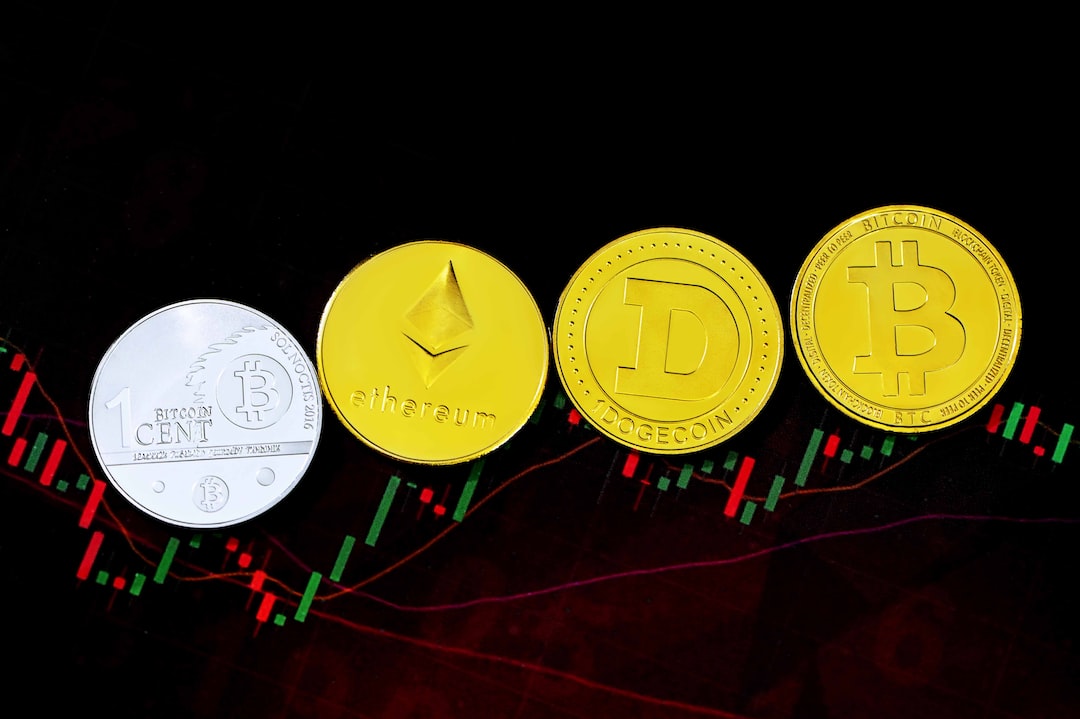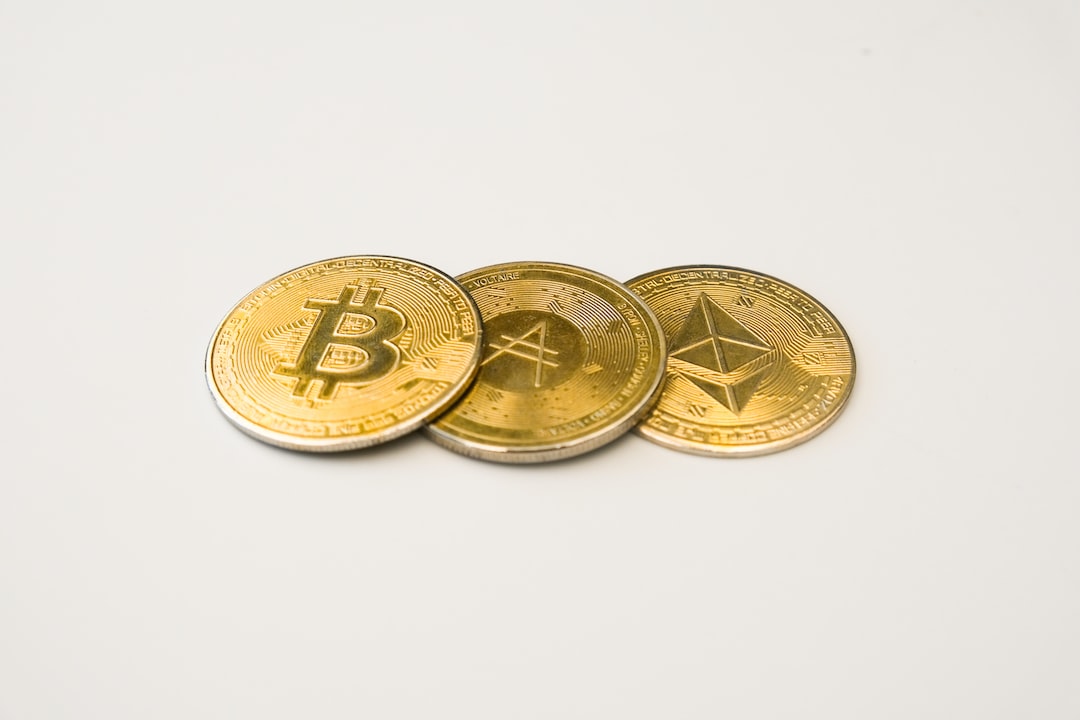South Korea Provides Clarity for Decentralized Crypto Wallet Holders
In a significant move, South Korea’s National Tax Service has clarified its stance on virtual assets, providing much-needed clarity for decentralized crypto wallet holders. The National Tax Service announced that individuals holding virtual assets through non-custodial, decentralized wallets, including cold wallets, will not be subject to overseas financial account reporting.
This decision comes in the wake of the National Tax Service’s inclusion of virtual assets in overseas financial account reporting from June 2023. The clarification brings relief to many crypto enthusiasts uncertain about reporting requirements for decentralized wallets.
South Korea Exempts Decentralized Wallets From Financial Reporting
The National Tax Service’s official announcement states that holding virtual assets in non-custodial, decentralized wallets exempts individuals from foreign financial account reporting obligations. The exemption extends to wallets created by overseas corporations such as Ledger and Metamask.
Tax accountant Kim Ji-ho explains that reporting overseas financial accounts aims to obtain overseas tax data. Based on the National Tax Service’s explanation, most decentralized wallets will not fall under the purview of overseas financial account reporting.
However, this exemption applies primarily to non-custodial wallets, and assets held on overseas centralized exchanges remain subject to reporting requirements.
What It Means For Crypto Enthusiasts?
The National Tax Service’s decision offers assurance for virtual asset holders navigating the evolving landscape of crypto regulations. The exemption simplifies the tax implications for users of decentralized wallets, which play a pivotal role in securing and managing virtual assets.
South Korea’s clear stance on non-custodial wallets sets a precedent for how authorities may approach decentralized finance (DeFi) in the future. This decision also contributes to the ongoing discourse on regulating digital assets, highlighting the importance of providing well-defined guidelines for the cryptocurrency community.
Overall, this development reflects a proactive approach to balancing regulatory oversight with the rapidly expanding world of decentralized finance.
Hot Take: South Korea’s Clarity on Decentralized Wallets Sets a Positive Precedent
The National Tax Service’s clarification on exempting decentralized wallets from financial reporting requirements is a positive step for the crypto industry. It provides much-needed clarity for individuals holding virtual assets and simplifies their tax obligations.
This decision also demonstrates South Korea’s forward-thinking approach to regulating digital assets and sets an example for other countries grappling with similar issues. By establishing clear guidelines for non-custodial wallets, South Korea paves the way for a more inclusive and supportive environment for decentralized finance.
As governments worldwide adapt to the influence of cryptocurrencies, South Korea’s proactive stance highlights the importance of striking a balance between regulation and innovation in the crypto space. This move contributes to the ongoing dialogue surrounding crypto regulations and fosters a more transparent and secure ecosystem for crypto enthusiasts.





 By
By
 By
By
 By
By

 By
By
 By
By